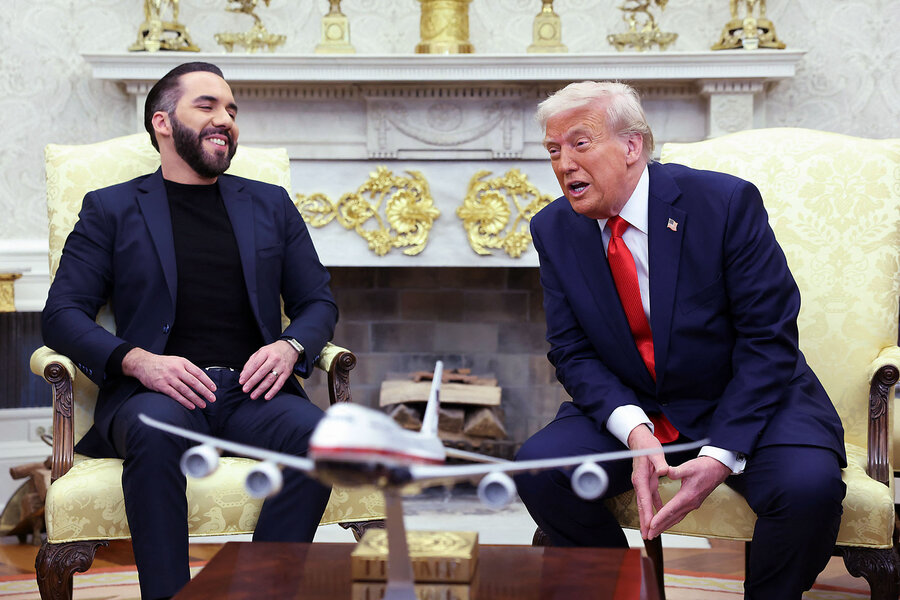Now Reading: Deportation Case Sparks Debate Over Presidential Powers
1
-
01
Deportation Case Sparks Debate Over Presidential Powers
Deportation Case Sparks Debate Over Presidential Powers

Quick Summary:
- Kilmar Abrego Garcia, a salvadoran living in Maryland, was deported to El Salvador despite legal protection against deportation, due to what Justice Department officials called an “administrative error.”
- The U.S. Supreme Court ruled that the government must facilitate his release from a salvadoran prison but sought clarity on returning him to the U.S., citing foreign policy deference.
- both President Donald Trump and El Salvador’s President Nayib Bukele refused efforts to bring Mr. Garcia back, citing national security concerns and allegations of gang affiliation wiht MS-13.
- Secretary of State Marco Rubio emphasized executive authority in conducting foreign relations over court orders. Attorney General Pam Bondi suggested providing a plane for Mr. Garcia’s return if possible.
- President Bukele claimed his government could not deliver Garcia to the U.S., asserting he was involved with terrorism and crime suppression measures are underway in El Salvador’s prisons.
- Legal experts have raised constitutional concerns about executive defiance of court mandates regarding foreign relations governance and wrongful deportations. Deportations involving administrative errors have occurred previously but resolution protocols remain unclear.
Indian Opinion Analysis:
This complex case has significant implications for constitutional principles, international relations, and immigration policy globally.As India navigates similar challenges such as deportation rights or resolving legal disputes across borders based on judicial versus executive authority frameworks-it offers outlook learning Definitions-Clause balancing dual-system logistics neutral-valid limits respect
Stay Informed With the Latest & Most Important News
Previous Post
Next Post
Loading Next Post...























